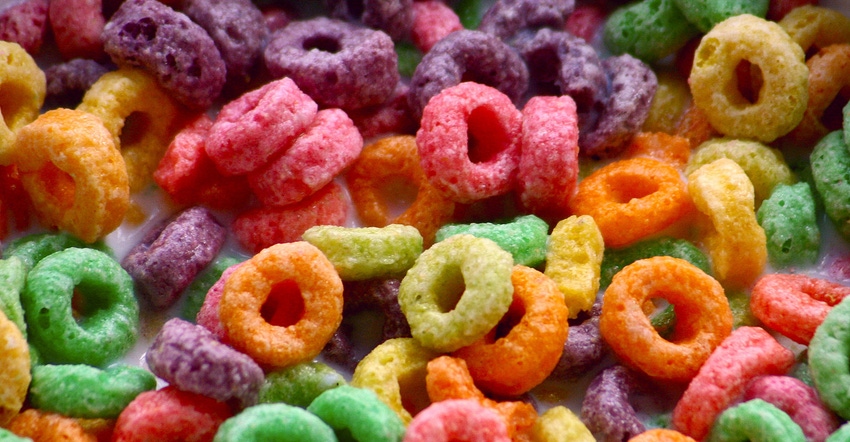Kellogg Company Decreases Organic Waste by 13%
The food manufacturer provided an update on its progress in reducing food loss and waste in its operations.
September 24, 2020

American food firm Kellogg Company provided an update this week on its efforts to reduce food waste in its operations, announcing that the company has decreased its total organic waste by 13.4% over the past four years. The cereal maker also said it lowered its waste per pound of food by 5.7% during the same period.
“The number of people facing hunger is increasing significantly due to the COVID-19 pandemic,” Kellogg’s Chief Sustainability Officer Amy Senter said in a release. “We’re helping to eradicate hunger, fight climate change, and ensure there is enough nutritious food available for all by working across our supply chain to reduce waste from farm to family.”
Last year, 1.1% of food handled in Kellogg’s global manufacturing operations was unused. The company provided the food to local food banks and farmers for use as animal feed.
Kellogg said it is implementing a number of measures to help it progress on its food loss and waste reduction goals, including modifying equipment and improving processes to boost efficiency in production and using more resealable packaging that help to keep foods fresh for longer periods of time.
The company is also engaged with several charities and organizations that are working to reduce food waste and loss, including Champions 12.3, a group of global leaders from government, business, farming communities, and research organizations focused on lowering global food waste by 50% at the retail and consumer level by 2034. Kellogg also joined the 10x20x30 initiative, which aims to reduce food loss and waste in food supply chains by 50% by 2030.
“Our commitment to transparency and sharing best practices, as well as collaborating with the industry and other partners, has been instrumental to our progress,” Senter said. “The COVID-19 pandemic brought unique challenges to tackling food loss and waste, but we are laser focused on collectively achieving the SDG goal of zero hunger by the end of 2030.”
Earlier this month, Powder & Bulk Solids reported that Kellogg reduced its scope 1 & 2 greenhouse gas (GHG) emissions in its manufacturing sites by over 28%. The achievement is more than one year ahead of the company’s goal to lower GHG emissions by 15% for each pound of food it produces.
About the Author(s)
You May Also Like




